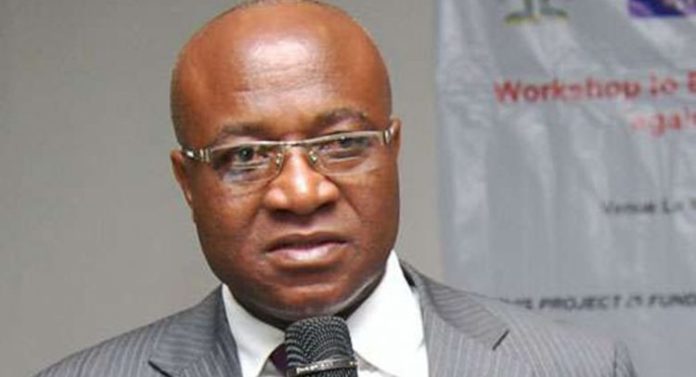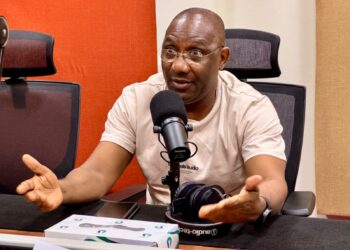The Minister of Parliamentary Affairs, Mr Osei Kyei-Mensah- Bonsu, has called for an amendment to the constitutional provision on asset declaration by public office holders to make such declarations public to boost the fight against corruption.
He said amending Article 286 of the Constitution would ensure that declaration of assets or property by public servants would not be in the custody of only the Auditor-General but could be accessed and authenticated by the wider public to discourage public officials from engaging in corrupt acts.
Contributing to a debate on the Conduct of Public Officers Bill, 2018 in Parliament last Tuesday, Mr Kyei- Mensah-Bonsu said: “Mr Speaker, given the imperatives of Article 286, whether we can do very much, I think first of all we must bond together to ensure that asset declaration is made public.”
The bill, laid in Parliament on July 3, 2018, is to strengthen the current legal framework governing the conduct of public officers.
In furtherance of that, the bill seeks to repeal the Public Officers Act, 1962 (Act 114) and the Public Officer Holders (Declaration of Assets and Disqualification), Act, 1998 (A550).
According to the minister, who is also the Majority Leader, though Ghana has moved beyond the era of Criminal Libel Law, enacted the Right to Information (RTI) Act as well as the Public Procurement Law and the Public Finance Management Act, and instituted internal audits in state institutions, not much has been achieved in the fight against corruption.
“Therefore, if we need to amend the Constitution, we must: because we will not be doing any good to ourselves if we only glorify the fact that we make declaration which will be known to us [parliament] and the Auditor-General who will not be under any compulsion to bring out declaration of anybody,” he said.
Entrenched provision
The Majority Leader said Article 286 (3) of the Constitution enjoined public officers to declare assets and lodge them with the Auditor-General who was supposed to keep the declaration safe. With this provision, he said, he was not sure that even the RTI could provide access to such information in the custody of the Auditor-General.
He indicated that Article 286( 4) provided that any property or asset acquired by a public officer after the initial declaration required by Clause (1) of that article and which was not reasonably attributable to incomes, gift, loan, inheritance or any other reasonable resource shall be deemed to have been acquired in contravention of the Constitution.
“But how do we authenticate this when the declaration is in the safe keeping of the Auditor- General?” he asked.Further advancing his argument, the minister said: “Mr Speaker, Article 286(4) provides some illumination but unfortunately Article 286(3) dims the sunshine and until we are able to confront that we will not see our way clear.”
He expressed worry that Article 286 was an entrenched provision in the Constitution that could not be circumvented.
“So irrespective of the provisions of the RTI, no individual can access information on the property acquired within the time they go by the Constitution,” he stated.
‘We’re all guilty’ The Majority Leader also noted that Article 286 stipulated that public officers who assumed public office were required first to declare their assets within three months, while the second declaration should occur at the end of three or four years. The third declaration, he said, was when a person, for instance, a minister, was shuffled out and must declare his/her asset.
“How many people, from Vice-Presidents, Members of Parliament and other public office holders, have heeded to such provision since 1992?” he questioned.
“Mr Speaker, we are all guilty,” he added. The Suame MP added that the Constitution, in Article 783, provided that non-MP ministers who indulged in a profit-making enterprise should submit themselves to the Committee of Members Holding Office of Profit but such ministers had also failed to go by the provision.
“Mr Speaker, these are matters we should confront boldly, and as ministers and public servants, we must ensure that we comply and when we have complied, then we can move beyond our offices to urge other public office holders to also conform,” he said.









Discussion about this post